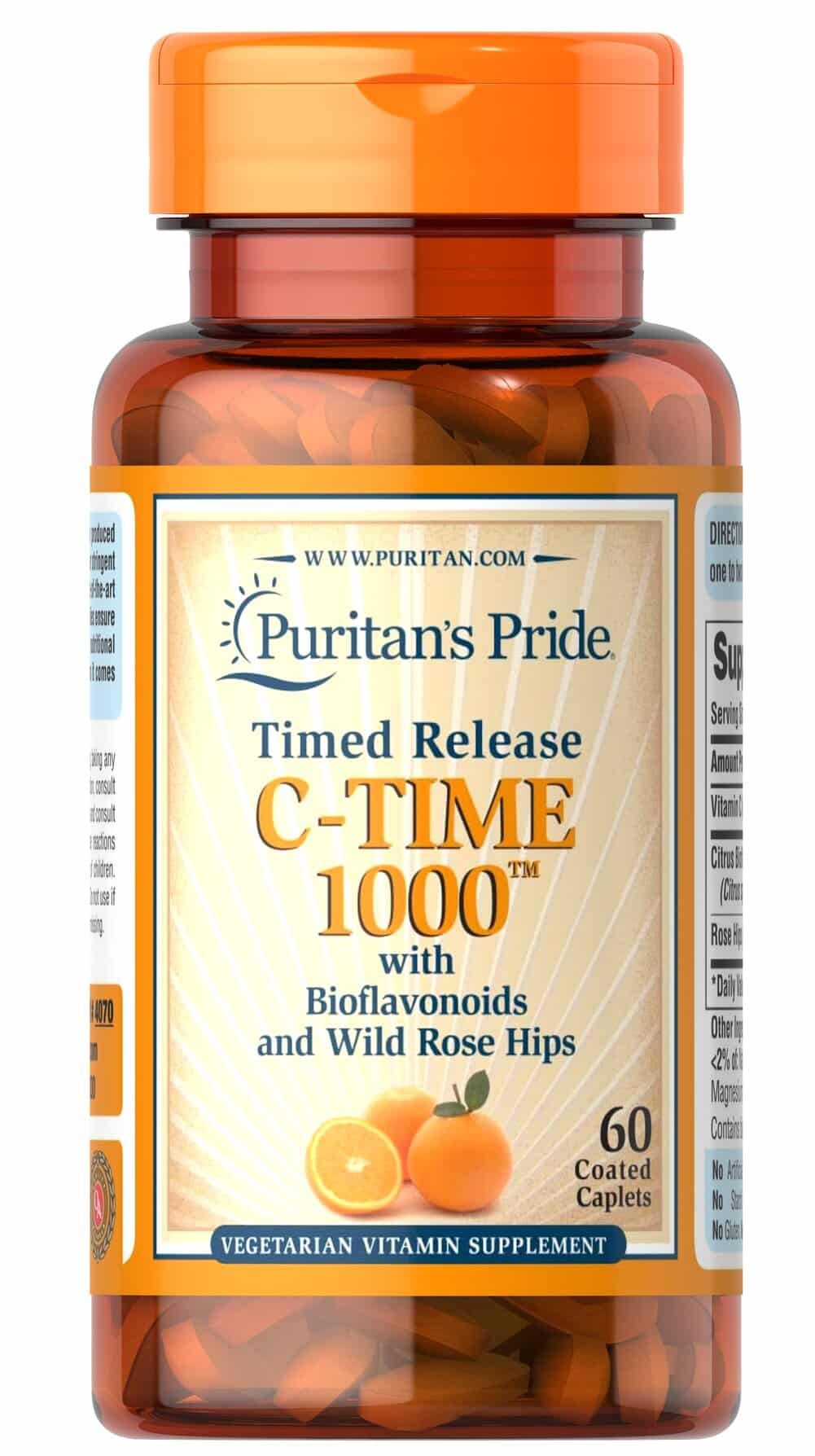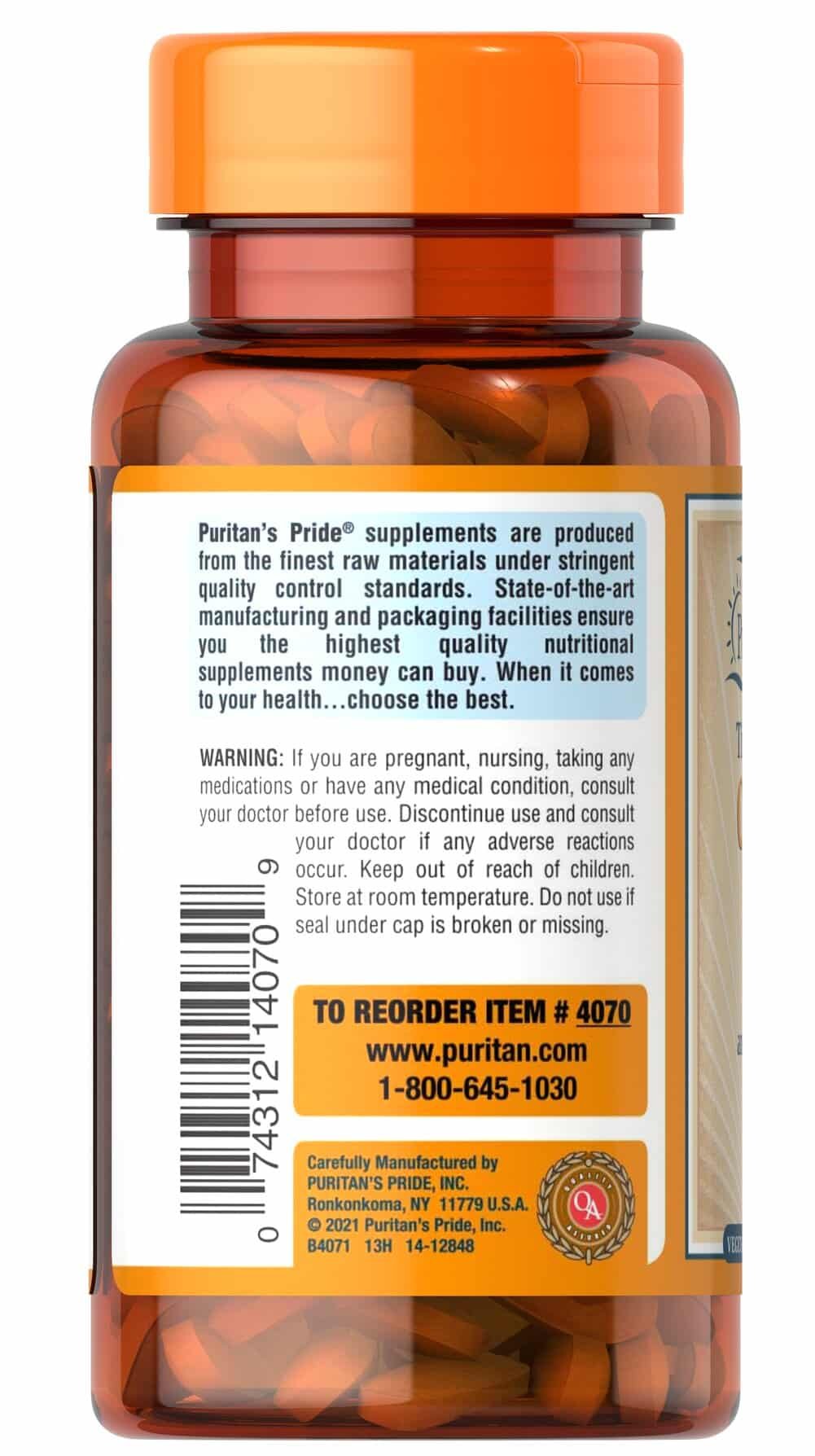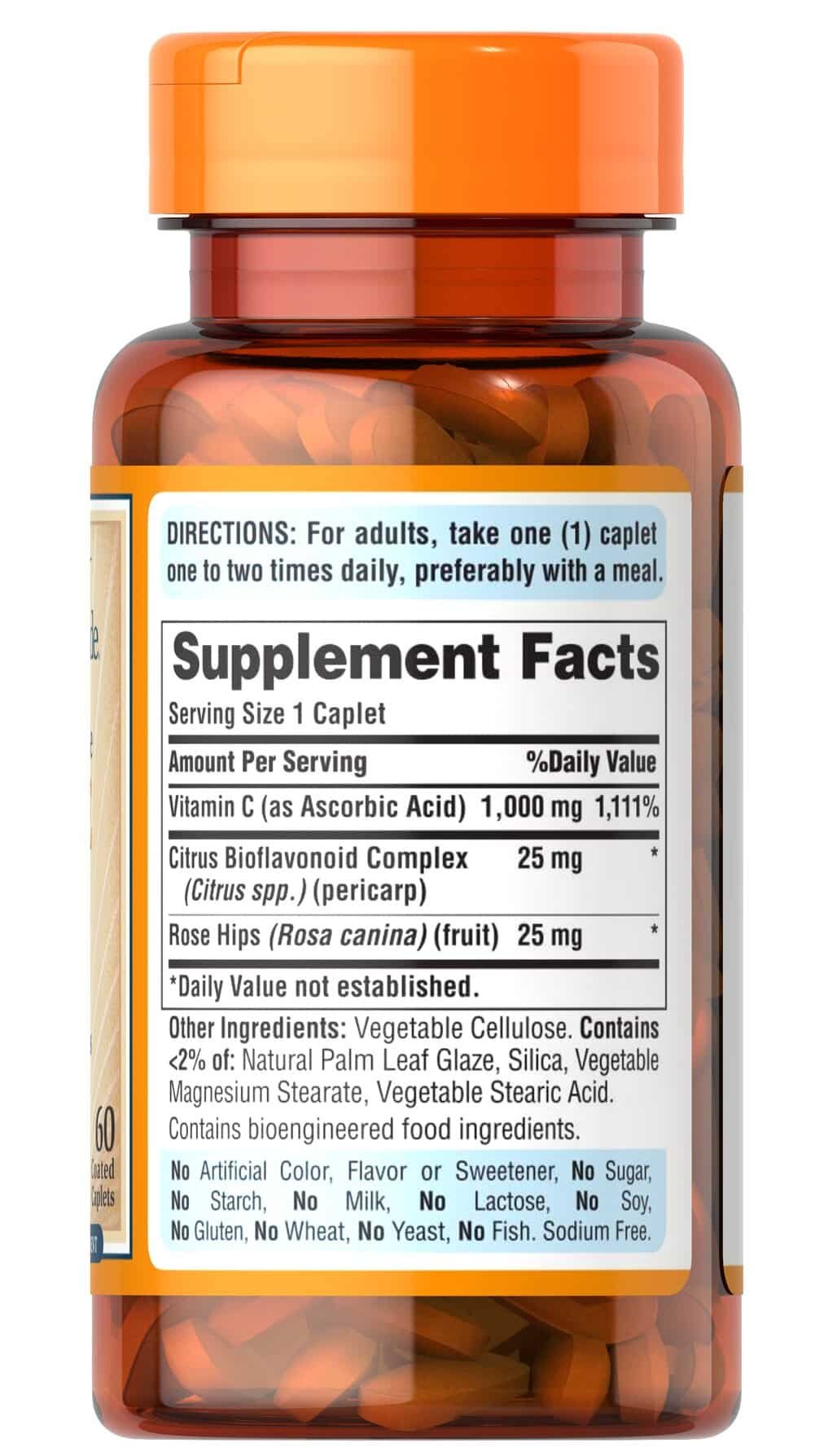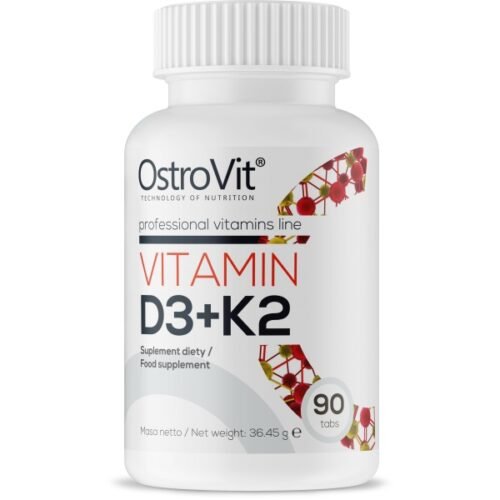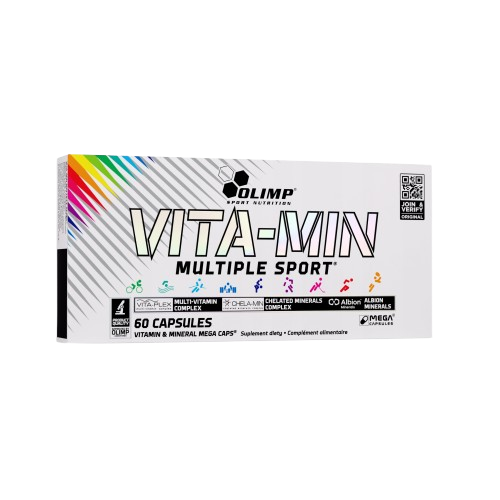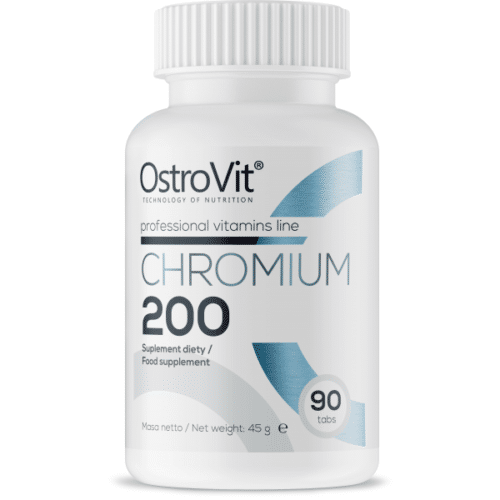Puritan’s Pride Timed Release C – Time 1000 Complex 60 coated caplets
19.99 €
Out of stock
Out of stock
Sužinokite pirmi, kada produktas vėl bus sandėlyje – įveskite el. paštą. Pasistengsime sugrąžinti produktą, kad jis taptų prieinamas jums.
Vitamin C for Immune Health
BARRIER FUNCTION
The body’s first line of defense, the physical barrier created by the skin, relies on vitamin C. Vitamin C is necessary for the production of collagen, an important type of connective tissue.** Collagen creates the structural framework of the skin to promote skin integrity, helping to effectively keep unwanted substances from entering the body.
ANTIOXIDANT HEALTH
Vitamin C’s important role in immune health does not stop at the surface.** During the initial stages of the immune response, white blood cells of the innate immune system start the inflammatory response as one means of dealing with unwelcomed visitors. In a state of inflammation, an abundance of free radicals can be produced.
Free radicals are unstable compounds that can interfere with a normal cell’s ability to function optimally. Free radicals cannot differentiate between your own healthy cells and the target of your immune system so they can end up damaging your own cells. Vitamin C is a powerful antioxidant that helps to fight free radicals.** It also helps to regenerate other antioxidants like vitamin E to their active state to maintain antioxidant support.**
WHITE BLOOD CELL SUPPORT
In addition to supporting skin integrity and antioxidant health, vitamin C is essential for the optimal functioning of white blood cells.** During an immune response, white blood cells go through a process of rapid division and multiplication. Vitamin C supports the production of the important B and T cells of the adaptive immune response.** It also helps special types of cells of the innate immune system called phagocytes do their job, engulfing unwanted compounds.**
Why Supplement with Vitamin C?
The Recommended Dietary Allowance (RDA) for adults is between 75-90 mg per day depending on gender, but some experts recommend a daily intake of at least 200 mg/day for healthy individuals.9
Unlike most other animals, humans cannot synthesize their own vitamin C so it must be obtained from dietary sources. As a water soluble vitamin, vitamin C dissolves easily in water but cannot be readily store in the body. This means adequate amounts of vitamin C should be consumed every day.
Vitamin C is found in foods such as citrus fruits, strawberries, cantaloupes, raw vegetables and potatoes. Unfortunately, in today’s busy world, many of us do not consume as many fruits and vegetables as we should. National survey data indicates Americans are not meeting the recommendations for daily fruit and vegetable intake, resulting in a significant prevalence of about 40% of Americans with inadequate dietary intake of vitamin C.8 Furthermore, vitamin C is sensitive to heat so boiling and other cooking methods can deplete the natural vitamin C content of foods.
Daily intake of 200 mg supports respiratory health.** Note that while this amount provides adequate support for most healthy individuals, actively multiplying and dividing white blood cells may have even higher requirements of vitamin C.**
- References
- 8. Fulgoni VL, et al. J Nutr. 2011 Oct;141(10):1847-54.
- 9. Calder PC, et al. Nutrients. 2020;12(4):1181.
| Supplement Facts | |
| Serving Size 1 Caplet | |
| Amount Per Serving | % Daily Value |
| Vitamin C 1,000 mg (1 g)1,111% | |
| Citrus Bioflavonoids | 25 mg * |
| (orange) (Citrus spp.)(fruit) | |
| Rose Hips (Rosa canina)(fruit) 25 mg * | |
| *Daily Value not established. | |
Directions: For adults, take one (1) caplet one to two times daily, preferably with meals.
Other Ingredients: Vegetable Cellulose. Contains <2% of: Natural Palm Leaf Glaze, Silica, Vegetable Magnesium Stearate, Vegetable Stearic Acid. Contains bioengineered food ingredients.
WARNING: If you are pregnant, nursing or taking any medications, consult your doctor before use. Discontinue use and consult your doctor if any adverse reactions occur. Keep out of reach of children. Store in a cool, dry place. Do not use if seal under cap is broken or missing.

